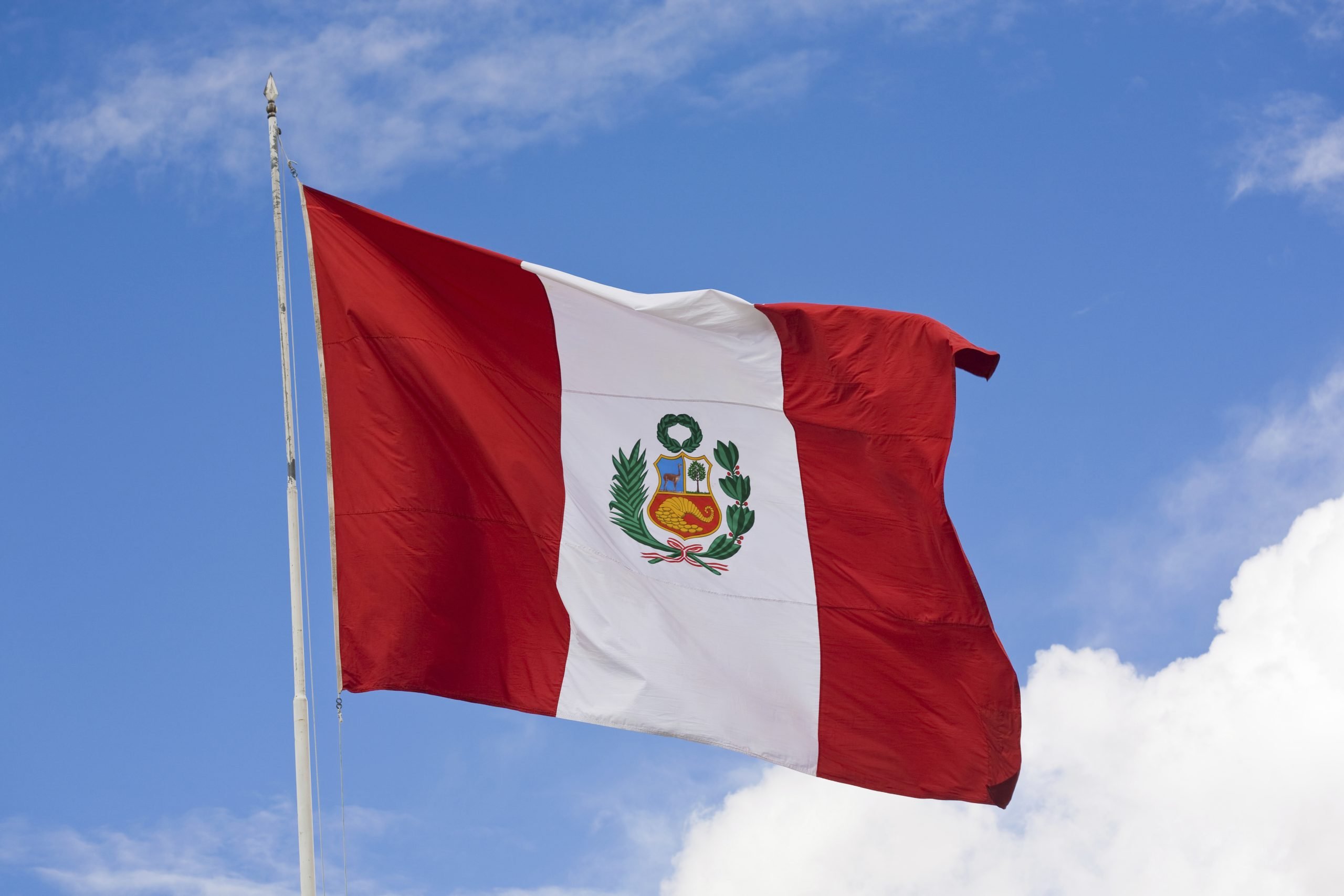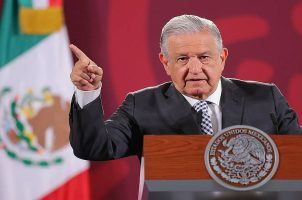Peru’s Online Gambling Initiative Takes Another Step Forward
Posted on: June 17, 2022, 05:25h.
Last updated on: June 17, 2022, 03:17h.
In only a few short months, Peru has made significant progress with its online gambling initiative. It started in March and advanced again this week.

The legislative initiative that regulates online sports betting, which the Council of Ministers already unanimously approved, is now going to its fourth committee review. This follows a debate of approximately one hour in the Foreign Trade and Tourism Commission (CCETC, for its Spanish acronym).
The commission liked the idea of a 12% tax on the income of remote bookmakers. However, additional government entities’ calls for further review will influence what happens next.
Several parliamentarians said they should have other government entities’ opinions before signing off on the measure. They want to include the Ministry of Economy and Finance, the Chamber of Commerce of Lima, and other specialized entities. The project is already with the Economy, Banking, Finance, And Financial Intelligence Commission.
At the end of the debate, local media reported that CCETC President Germán Tacuri acknowledged and accepted the request for additional reviews. He added that they will provide valuable insight and ensure that the legislation is properly framed for approval.
Extensive Review Underway
Tacuri explained the breakdown of the 12% tax, which operators will pay on their net income. 40% will constitute income for the public treasury, 20% for the Peruvian Institute of Sport, and 40% for the Ministry of Foreign Trade and Tourism (Mincetur, for its Spanish Acronym).
Of the total resources it receives, Mincetur will use 25% to administrate the online gambling market. The remaining 75% is for the promotion and development of tourism.
The initiative also proposes that Mincetur be responsible for granting authorizations for using technological platforms in games, sports betting, and physical premises. This will require companies to register in the Single Registry of Taxpayers, which facilitates tax collection and government oversight.
Those companies must also have a legal representative in Peru. Lastly, the web domain of their platforms must have the ending “.pe.”
Shaking the Moneymaker
In 2020, remote sports betting generated PEN$4.5 billion (US$1.2 billion). This was the result of approximately 150,000 daily bets. However, because online gambling is still illegal in the country, Peru cannot collect any tax revenue from the activity, and all that capital heads outside its borders.
Mincetur believes that the government can raise as much as PEN$160 million (US$42 million) a year with this measure. The portfolio estimated that in 2022, bookmakers would move PEN$4 billion (US$1 billion).
Mincetur also recently pointed out that, in the last 16 years, the State collected around PEN$3.4 billion (US$912 million) through gambling. This is only what it received from casinos and slot machines.
Eduardo Sevilla, general director of Casino Games and Slot Machine of Mincetur, stressed that the industry was able to resist the COVID-19 pandemic and that it has been gradually reactivating. This also means more jobs are coming to the public.
Also, according to the statement, in 16 years, the provincial and district municipalities received more than PEN$2 billion (US$526 million). For its part, Mincetur collected more than PEN30 million (US$8 million) from the application of fines.
Currently, Peru has 17 casinos with 235 gaming tables. In addition, there are 713 gambling halls, 59 hotels and 145 restaurants, with a total of 70,844 slot machines.
Related News Articles
Puerto Rico Gambling Legislation Advances, Seeks Revenue to Fill Fiscal Hole
Brazil Approves Revised Sports Betting Bill
Mexico Bans Slot Machines in Casinos, Gambling Houses Across the Country
Most Popular
LOST VEGAS: ‘Tony The Ant’ Spilotro’s Circus Circus Gift Shop
Las Vegas Overstated F1 Race’s Vegas Impact — Report
Mega Millions Reportedly Mulling Substantial Ticket Price Increase
Las Vegas Strip Stabbing Near The Strat Leaves One Man Dead
Most Commented
-
End of the Line for Las Vegas Monorail
— April 5, 2024 — 90 Comments -
Mega Millions Reportedly Mulling Substantial Ticket Price Increase
— April 16, 2024 — 8 Comments -
Long Island Casino Opponents Love New York Licensing Delays
— March 27, 2024 — 5 Comments -
VEGAS MYTHS RE-BUSTED: You Can Buy Legal Weed On the Strip
— March 22, 2024 — 4 Comments
















No comments yet